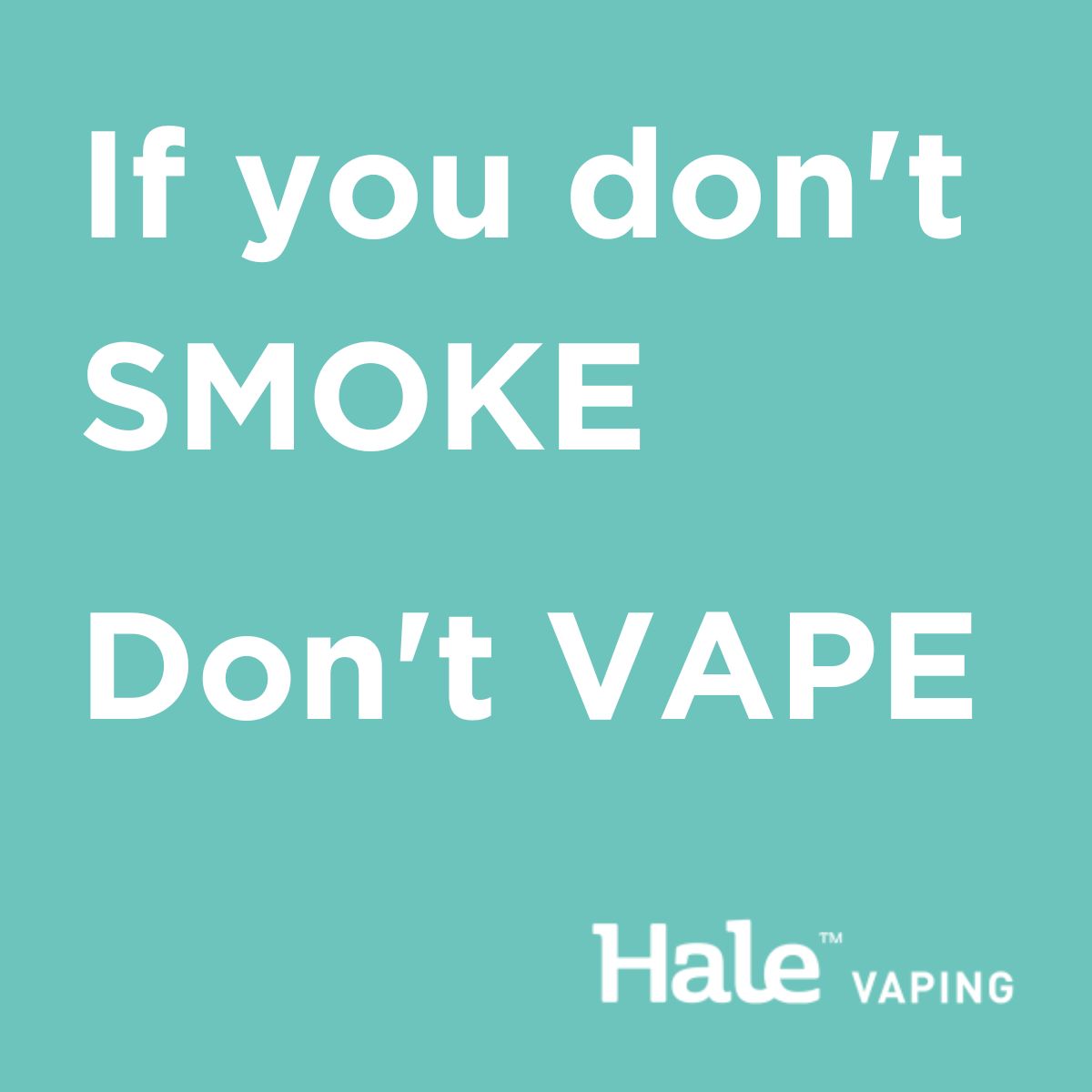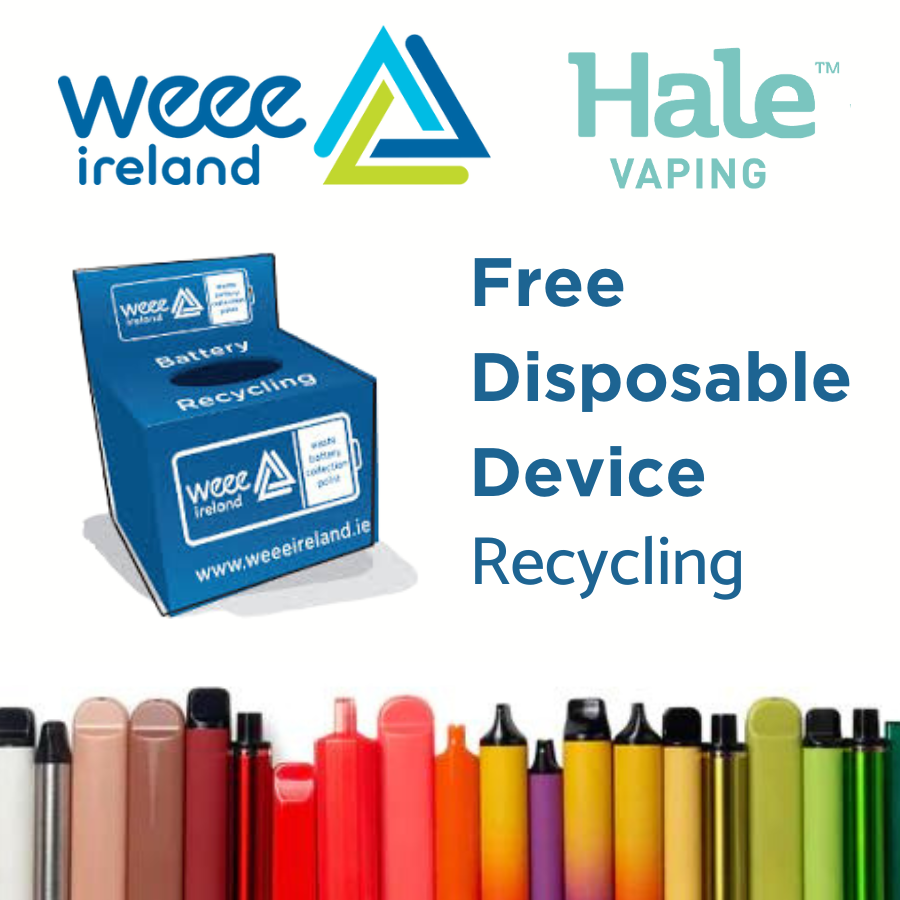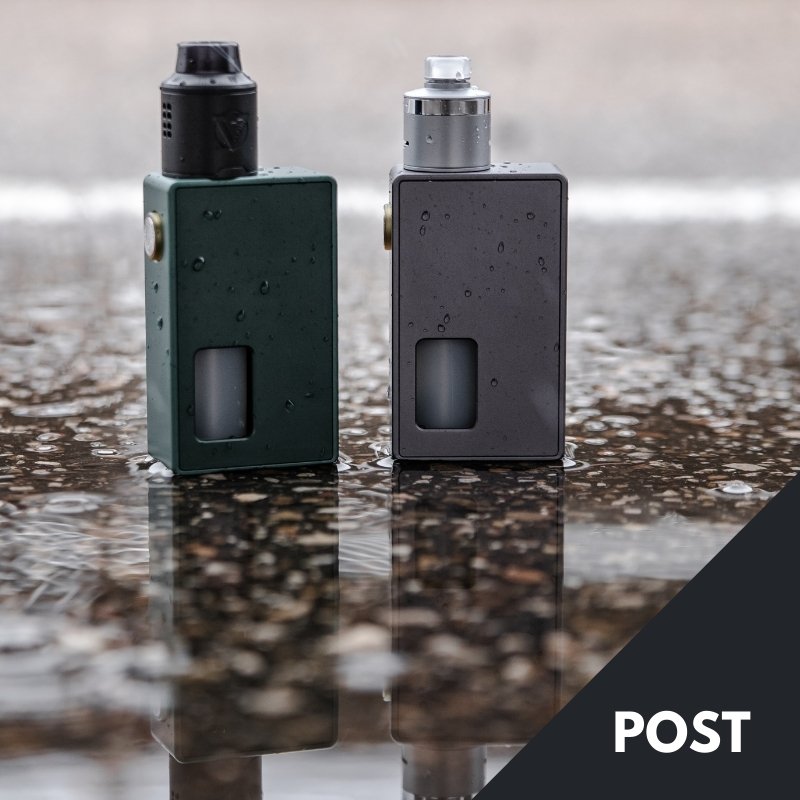Vaping in Submarines
Traditional cigarettes and submarines have had a strange and knotty history, excuse the pun. There are few workplaces where oxygen is in such short supply, but, believe it or not, the US Navy only banned traditional smoking in 2011.
At the time this ban was introduced, The Daily Mail ran a story about the US Navy submarine smoking ban, quoting Submarine Forces Commander Vice Admiral John Donnelly.
“Recent testing has proven that, despite our atmosphere purification technology, there are unacceptable levels of second-hand smoke in the atmosphere of a submerged submarine,” he said. “The only way to eliminate risk to our non-smoking sailors is to stop smoking aboard our submarines.”
Reuters also reported about the rumblings of a potential smoking ban throughout the US military. “Smokers’ wounds take longer to heal, their run times are slower, and they have higher rates of injury and post-traumatic stress disorder,” said epidemiologist Walker Poston, from the National Development and Research Institutes in Leawood, Kansas.
Don’t ask don’t tell
The proposed smoking ban in the US military could take years to implement, and has met resistance from some members of US Congress. Robert Proctor, a Stanford University history of science professor, applauded the Navy for making submarines smoke free but bemoaned the fact that it took so many years.
“The industry has exploited and abused our men and women in uniform,” he told Reuters, “but here we have an example of military leaders taking a courageous and successful stand against the product that still kills 480,000 Americans every year.”
Could vaping be the solution? The Royal Navy now permits vaping in their nuclear submarines as a substitute for smoking.
The Mirror (sourcing from one of its sister papers) reported that, while traditional smoking is not allowed on Royal Navy submarines, e-smoking is permitted. “Royal Navy medical officers now think there is no risk – and e-cigs would help ratings to give up real cigarettes,” the report said.
A spokesperson for the Ministry of Defence told The Mirror: “There is clear evidence e-cigarette use would not have put safety of a boat at risk.”
There have been no recent clarifications from the Royal Navy on their policies regarding e-smoking.
The US Navy spoke openly about trying to help smokers and passive smokers alike to escape from cigarettes. Vaping is an increasingly popular replacement for smoking, and works not only as a substitute source of nicotine but as a psychological replacement as it resembles a traditional cigarette.
Passive smoke under the sea
Passive smoking is notoriously dangerous, while vapour (which is evaporating liquid) does not linger in the air for anywhere near the same amount of time.
Also, while traditional smoking requires a naked flame to light it (and constant burning for its duration); vaping would be a safer alternative in the potentially volatile environment of a submarine.
The Royal Navy is allowing vaping in one of the world’s most pressurised and unforgiving working environments. It is a huge endorsement and validation, and hopefully one that will be heard by employers and state bodies around the world.







